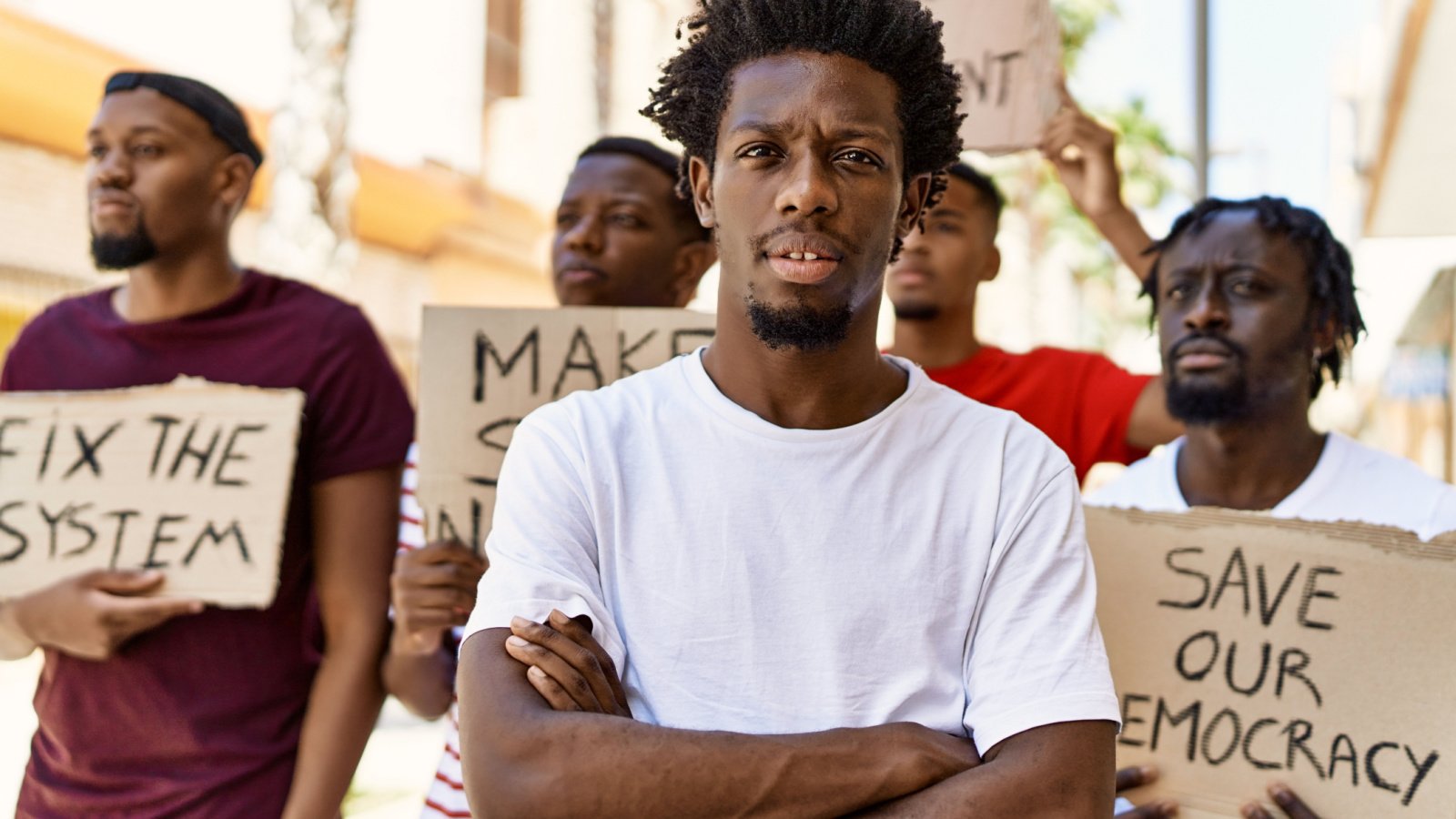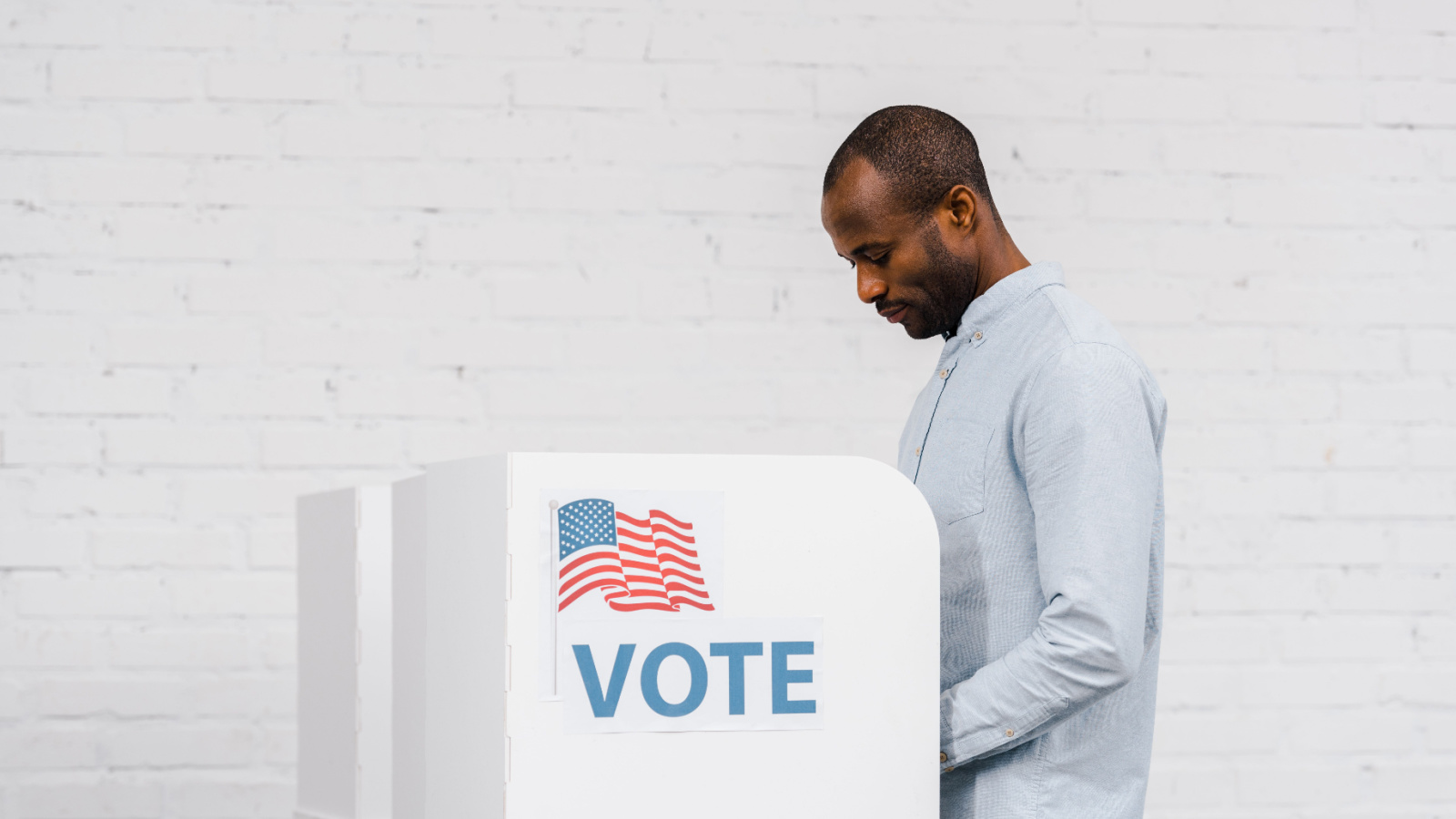Explore the contrasting work ethics of millennials and Gen Z, shaped by technology, societal shifts, and economic circumstances. Examine their distinct approaches to work, ambition, and what success means in today’s fast-paced world.
Digital Proficiency

Millennials pioneered digital fluency in the workplace, integrating technology with traditional work processes. Gen Z, on the other hand, enters the workforce as digital natives, where advanced technology and social media are second nature.
Work-Life Balance

Millennials place a high value on work-life balance, often seeking flexibility in their jobs to pursue a life outside of work. Gen Z takes this a step further, emphasizing work-life integration, where career paths are chosen based on their alignment with personal values and lifestyles.
Career Paths

Millennials are known for valuing meaningful work and are prone to job-hopping in search of fulfillment. Gen Z tends to look for stability and opportunities for growth within a company, showing a preference for developing their career in one place.
Feedback and Communication

Millennials prefer regular feedback and open communication channels with management. In contrast, Gen Z seeks instantaneous feedback, often through digital platforms, reflecting their upbringing in a world of instant communication.
Learning and Development

Professional development is key for millennials, who often view job opportunities as a chance to learn and grow. Gen Z, while also valuing growth, leans more towards self-directed learning and online resources to acquire new skills.
Entrepreneurial Spirit

Many millennials embrace the entrepreneurial spirit, driven by the desire to create something new and make an impact. Gen Z seems to carry this entrepreneurial mindset further, with a higher propensity to start their own businesses or side projects.
Expectations of Employers

Millennials expect their employers to offer a sense of purpose and opportunities for personal growth. Gen Z workers, while valuing purpose, emphasize job security, benefits, and a clear career trajectory.
Social Responsibility

Both generations show a preference for companies that demonstrate social responsibility. However, Gen Z is more likely to scrutinize a company’s ethical standings and sustainability practices before joining, reflecting a heightened awareness and commitment to global issues.
Collaboration vs. Independence

Millennials thrive in collaborative work environments, favoring teamwork and collective problem-solving. Gen Z workers, while capable of teamwork, show a stronger preference for independent tasks and autonomy in their roles.
Adaptability

Millennials are adaptable, having navigated the transition from an analog to a digital world during their formative years. Gen Z is seen as even more adaptable, growing up in a rapidly changing technological landscape and showing resilience in the face of constant change.
Risk Aversion

Millennials, having come of age during the Great Recession, can be cautious, prioritizing job security and financial stability. Gen Z, while aware of economic uncertainties, tends to be more risk-tolerant in their career choices, motivated by the belief in their ability to navigate change.
Flexibility vs. Fluidity

Millennials broke ground on the demand for flexible work schedules and remote work options. Gen Z expects even greater fluidity, with a preference for jobs that seamlessly blend with their digital existence.
Value of Education

Millennials were raised with the notion that a traditional college education was essential for career success. Gen Z, observing the debt and uncertain returns faced by many millennials, shows a greater openness to alternative education paths, such as online courses, boot camps, and self-teaching.
Approach to Problem-Solving

Millennials are collaborative problem-solvers, often leveraging their networks and teamwork to tackle challenges. Gen Z tends to approach problem-solving with a mix of independence and digital resources, using online communities and platforms to find solutions.
Financial Priorities

Millennials prioritize experiences and are known for their willingness to spend on travel and lifestyle. Gen Z, perhaps cautious from observing Millennials’ financial challenges, shows a tendency to prioritize saving and financial security from a younger age.
Communication Preferences

While millennials were pioneers in using digital communication at work, they still value face-to-face interactions for meaningful discussions. Gen Z, more accustomed to digital platforms, prefers quick, efficient communication methods like messaging apps and social media.
Perception of Authority

Millennials value leaders who are mentors and can offer guidance and support for personal development. Gen Z workers respect authority but expect transparency, authenticity, and directness from their leaders.
Global Perspective

Millennials were among the first to grow up in a truly globalized world, making them more aware of international cultures and markets. Gen Z takes this global perspective for granted, with a more innate understanding of global interconnectedness.
Motivation and Rewards

For millennials, meaningful work and recognition are key motivators, with a preference for public acknowledgment and opportunities for advancement. Gen Z is motivated by clear and direct feedback, tangible rewards, and a transparent path to success.
Perspective on Sustainability

Millennials elevated the conversation on sustainability within the workplace, expecting companies to adopt green practices. Gen Z demands action, viewing sustainability as a non-negotiable aspect of where they choose to work.








